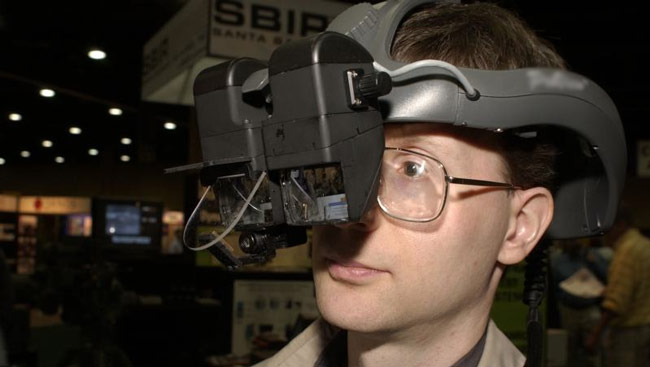In a first, researchers have developed a laser-based imaging tool to map how drug abuse disrupts blood flow to the brain.
The new technology may aid in improving brain-cancer surgery and tissue engineering, and lead to better treatment options for recovering drug addicts.
Researchers demonstrated their technique by using a laser-based method of measuring how cocaine disrupts blood flow in the brains of mice.
"The resulting images are the first of their kind that directly and clearly document such effects," said study co-author Yingtian Pan, an associate professor at the Stony Brook University in the US.
The images reveal that after 30 days of chronic cocaine injection or even after just repeated acute injection of cocaine, there is a dramatic drop in blood flow speed.
The researchers were, for the first time, able to identify cocaine-induced microischemia, when blood flow is shut down -- a precursor to a stroke.
Drugs such as cocaine can cause aneurysm-like bleeding and strokes, but the exact details of what happens to the brain's blood vessels have remained elusive -- partly because current imaging tools are limited in what they can see.
But using their new and improved methods, the team was able to observe exactly how cocaine affects the tiny blood vessels in a mouse's brain.
The new technique is an advanced version of a method called optical coherence Doppler tomography (ODT) where laser light hits the moving blood cells and bounces back.
The findings appeared in the journal Biomedical Optics Express.





